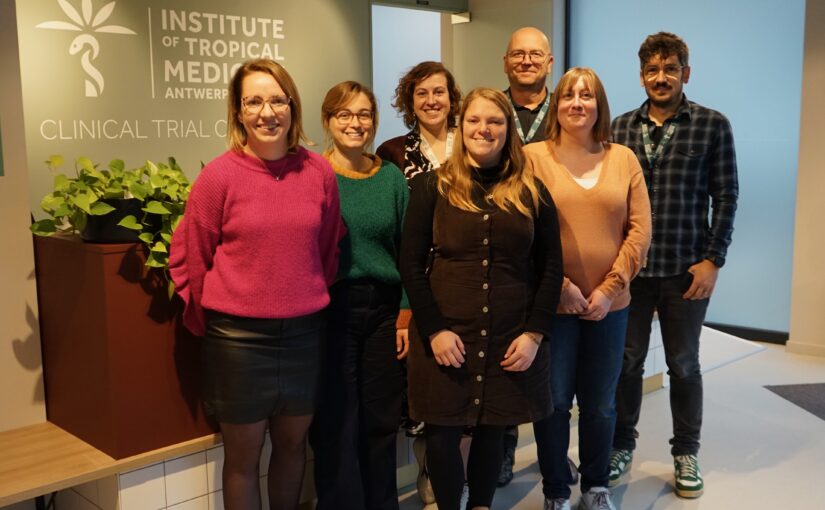EPOXI trial is on, with the inclusion of its first participants

A few weeks after receiving regulatory approval from European Medicines Agency (EMA), the European trial of our MPX-RESPONSE project effectively started this summer with the enrolment of its first participant on 15 August. Key points to know.
The European randomised clinical trial in mPOX Infection (EPOXI) is a randomized, controlled, double-blinded trial, designed to capture and investigate sporadic cases of mpox in Europe and to evaluate promising treatment options.
The study, which complies with the current EU regulatory framework, is one of the first multinational clinical trials in the EU/EEA for an epidemic that has been declared a global public health emergency by the World Health Organisation. EPOXI is designed to enroll 150 subjects across 8 to 10 European countries, and will primarily evaluate the efficacy and safety of the antiviral drug tecovirimat. The study is designed to plan a joint analysis with UNITY, the international multi-regional study of MPX-RESPONSE.
How can EPOXI optimize European pandemic preparedness ?

“The EPOXI trial is among the first multinational academic studies set up in the EU that targets a novel epidemic. It has yielded a huge amount of experience and will allow us to respond more quickly to new infectious threats in the future. We realize now that the major hurdles and delays are not scientific or medical, but that they concern financing, regulations and contracts.”
Dr. Miquel Ekkelenkamp,principal investigator of EPOXI, UMC Utrecht, the Netherlands
Why tecovirimat ?
According to the International Pandemic Preparedness Secretariat (IPPS), Tecovirimat SIGA remains the primary focus of therapeutic research, with several trials exploring its potential in various settings. This antiviral was initially approved for mpox treatment in the EU (EMA) under exceptional circumstances.
Focus on the partners for our EPOXI study
EPOXI is one of the 3 clinical trials of the MPX-RESPONSE project. The study is sponsored by University Medical Center Utrecht (UMC) with the management of Ecraid and the pharmacovigilance handled by ANRS MIE. The recruiting sites include Erasmus Medical Centre of Rotterdam (EMC), University of Antwerp (UA), Servicio Madrileno de Salud (SERMAS), Oslo University Hospital (OUH), Assistance Publique des Hôpitaux de Paris (AP-HP).
Header Photo : The local study team at Institute of Tropical Medicine, Antwerp, Belgium. This team has enrolled the first subject in EPOXI trial.
